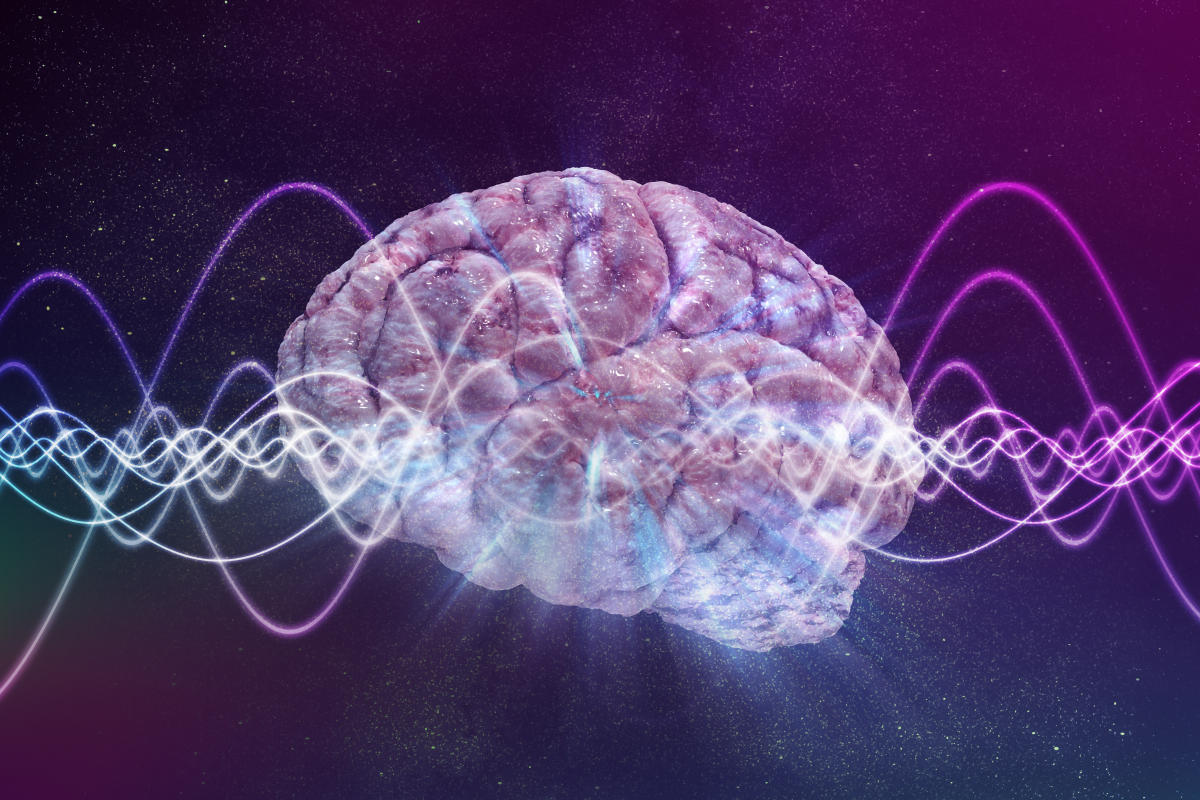The results of a scientist’s recording of a deceased person’s brain activity are astounding
It turns out that your life may literally flash before your eyes as you die, according to some researchers in a recent first-of-its-kind report that revealed dying people’s brain activity.

According to the team’s report published in Frontiers in Aging NeuroScience, the researchers were first monitoring the brain waves of an 87-year-old epilepsy patient for seizures using electroencephalography (EEG) equipment.
However, the patient suffered a heart attack and died while still attached to the EEG. This provided the researchers with a once-in-a-lifetime opportunity to capture 15 minutes of brain activity from a dying person.
The researchers discovered an increase in brain waves known as gamma oscillations, which are commonly observed during dreaming and memory recall. So, they concluded, a dying person would see flashes of their life flash before their eyes.
“Through generating oscillations involved in memory retrieval, the brain may be playing a last recall of important life events just before we die, similar to the ones reported in near-death experiences,” said the University of Louisville’s Dr. Ajmal Zemmar, the lead author of the study, in a press release.

This study only provides insight into an enigmatic and terrifying moment that all of us will face at some point, but it may also provide a better understanding of the “timing of organ donation,” Zemmar remarked.
“These findings challenge our understanding of when exactly life ends,” the doctor said.
Of course, there are several important caveats. For one thing, the report only looked at one situation. The patient also had a history of seizures and brain enlargement, which may have influenced the results.
A previous study examined the brain activity of dying rats, however, revealed similar gamma activity. This might imply that this is a natural occurrence in a variety of species.
While additional study is needed, Zemmar believes that the patient’s insights can provide some hope and closure to families struggling with the death of a loved one.
“Something we may learn from this research is: although our loved ones have their eyes closed and are ready to leave us to rest, their brains may be replaying some of the nicest moments they experienced in their lives,” Zemmar said.
Comments
Post a Comment